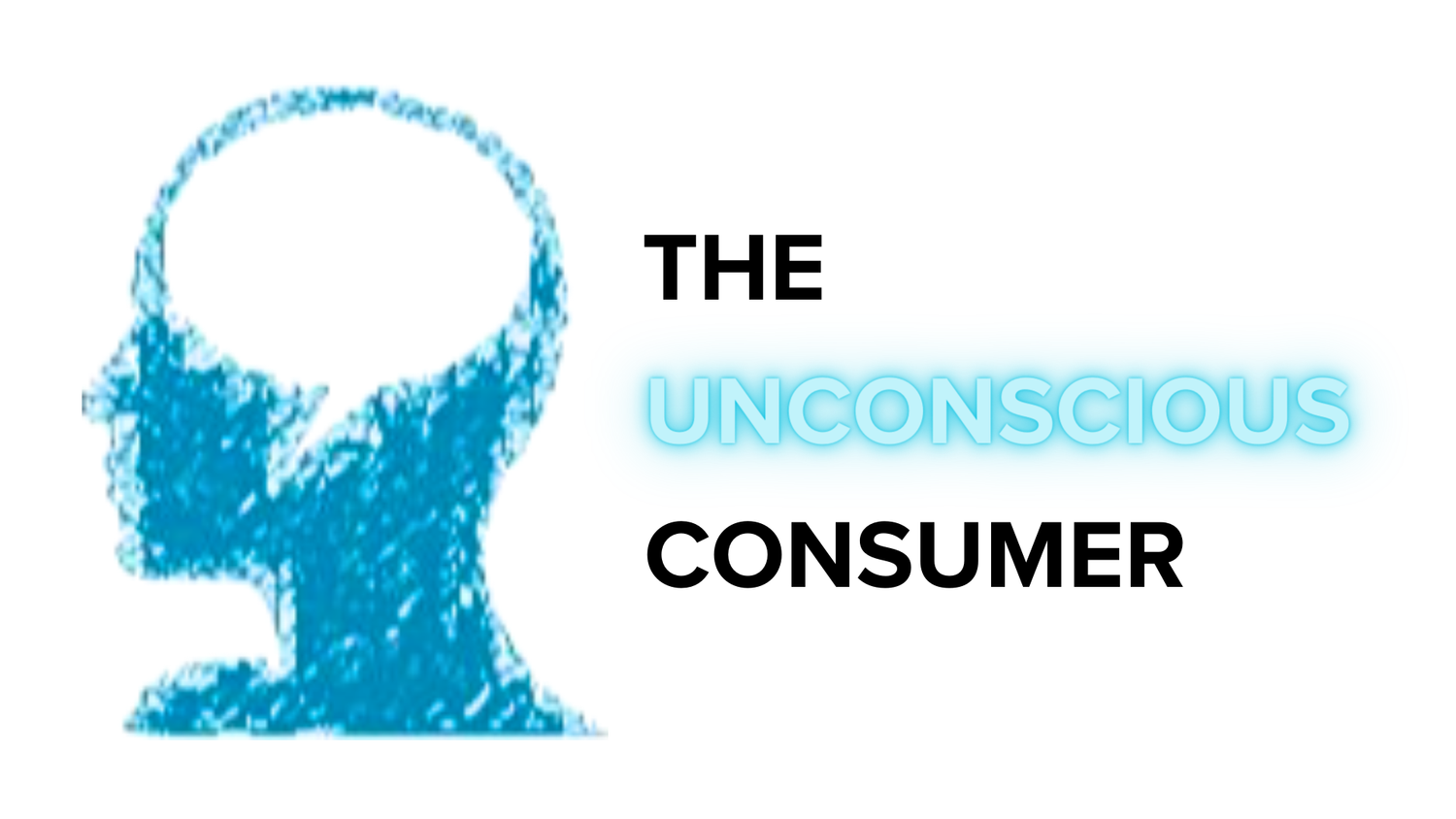Can the sound of a candidate's voice sway an election?
Unless you have been living under a rock, the hype surrounding upcoming elections for both Canada and the United States has reached its fever pitch. Every possible topic has been analyzed and scrutinized to death by political pundits. We really can’t get away from all the election coverage, which means as voters, we have access to all this information - both good and bad - to help us make the most informed decision possible. And having all the information is a good thing right? Regardless of one’s political leaning, we are all trying to use all of this information to rationally decide who would make the best leader for our country.
Are there biases underlying how we vote?
But what makes up a good leader? When we are faced with that decision come election time, we are making this decision in the context of the modern issues of our time, but people have been faced with this decision throughout our evolutionary history. In fact, we have become quite proficient at being able to pick up on cues that help us identify the underlying characteristics of a leader. Often these underlying characteristics are biasing our voting decision without us even realizing it. These types of unconscious biases may seem so innocuous that we can find it hard to believe that they could influence a decision as important as voting for the next Prime Minister or President, but they somehow find a way to subtly guide even the most important of decisions.
The particular bias that I will be talking about in this post is both obvious and mundane, that I guarantee you’d never think about it – the political candidate’s voice.
The effect of a candidate's voice pitch on their public perception
Studies led by two separate research teams uncovered that the voice pitch of a political candidate was able to bias how voters perceive the candidate. Both studies presented people with two versions of the same voice, and asked them to pick which voice they would prefer to vote for in an election. Importantly, people were always picking between two versions of the same person’s voice. Except, in one version the researchers lowered the voice pitch and in the other version they raised the voice pitch. In the study led by Cara Tigue, they were able to present people with actual recording from speeches by formed U.S. presidents. Yet, both studies found the same striking result – people always preferred to vote for the lower pitch voice, even though they were completely unaware that each voting decision they made was only between a high and low pitch version of the same voice.
While you may think to yourself that those studies are interesting, but they do not necessarily apply to how people vote come actual Election Day…right? Well, consider that a study on U.S. presidential election winners found that the presidential candidate with the lower pitch voice won the popular vote in each election from 1960 to 2002! Does this mean that all a political candidate needs to do to ensure their victory is deepen their voice? Of course not, but what is about low pitch voices that seem to give political candidates such an edge?
Why is there a preference for low pitch voices?
Deeper, or lower pitch, voices are perceived to be cues to underlying personality characteristics, such as dominance, intelligence, trustworthiness, and attractiveness (for male voices). Voice pitch is a particularly salient indicator of those characteristics in the context of deciding who to vote for in an election. Obviously those are the types of ideal characteristics that any political candidate would love to be perceived as by the voting public, but does that mean that we are biased against voting for candidates with high pitch voices?
At first glance it may not seem problematic to have a bias against high pitch voices, it becomes a problem when you consider that women tend to have higher pitch voices than men. This voice pitch bias may in part be responsible for putting female political candidates at a disadvantage compared to their male counterparts, since female political candidates have to find alternative ways to combat a biased public perception. In fact, to overcome this disadvantage, former U.K. Prime Minister Margaret Thatcher worked with a voice coach to not just change the way her voice sounded, but to change the way the public perceived her because of it.
Overcoming voter bias
As Margaret Thatcher demonstrated, candidates can work these types of biases to their favour, but is there anything that the general public can do to combat their own biases? Remember, these biases served a purpose by helping us make decisions in our evolutionary past, but often these biases no longer serve the same purpose in modern times. In order for us to make the type of carefully thought-out decision when we are at the polls, we must first be aware of the role that unconscious biases are playing.
Want to share your thoughts? Feel free to share them in the comments section below or on social media.




